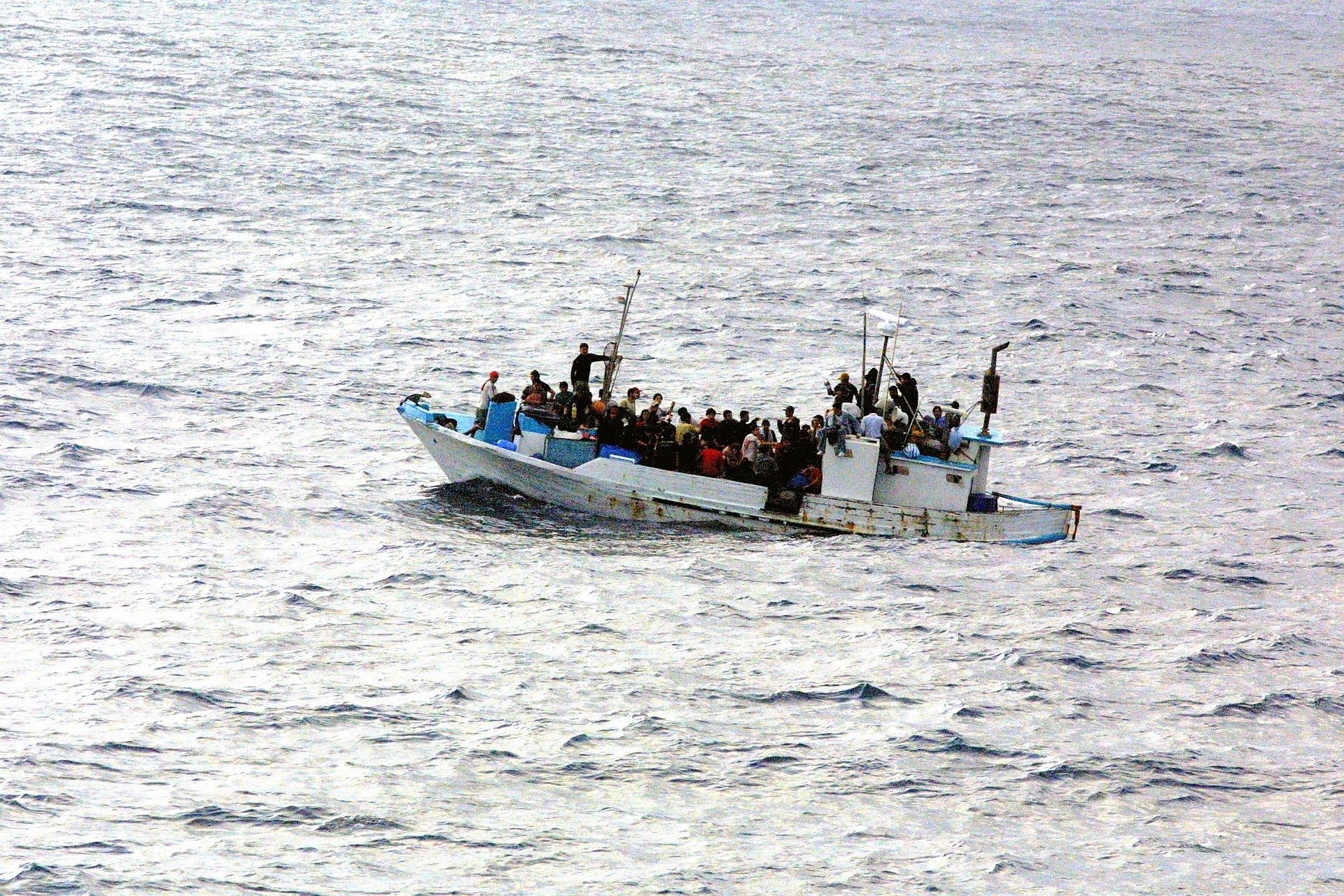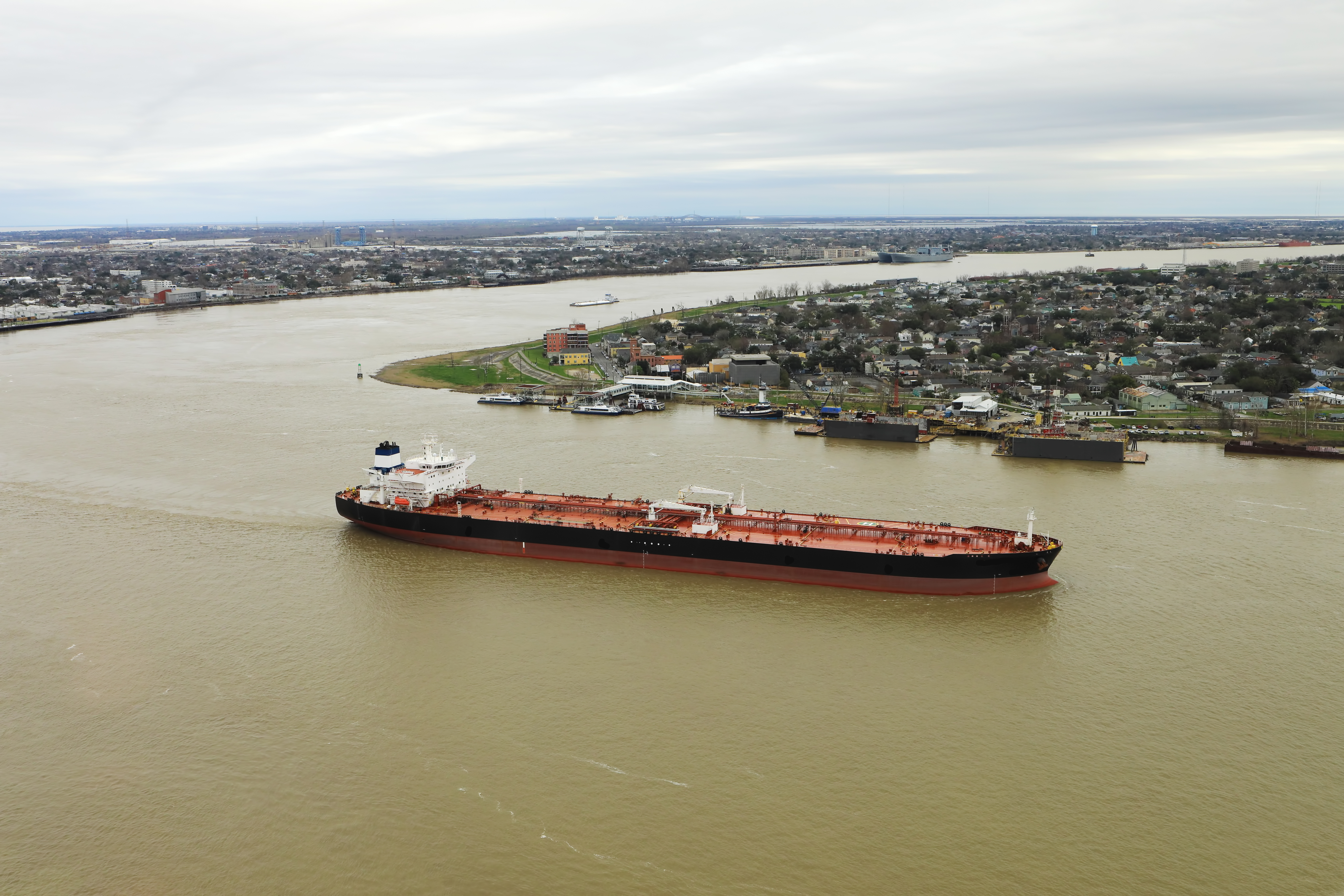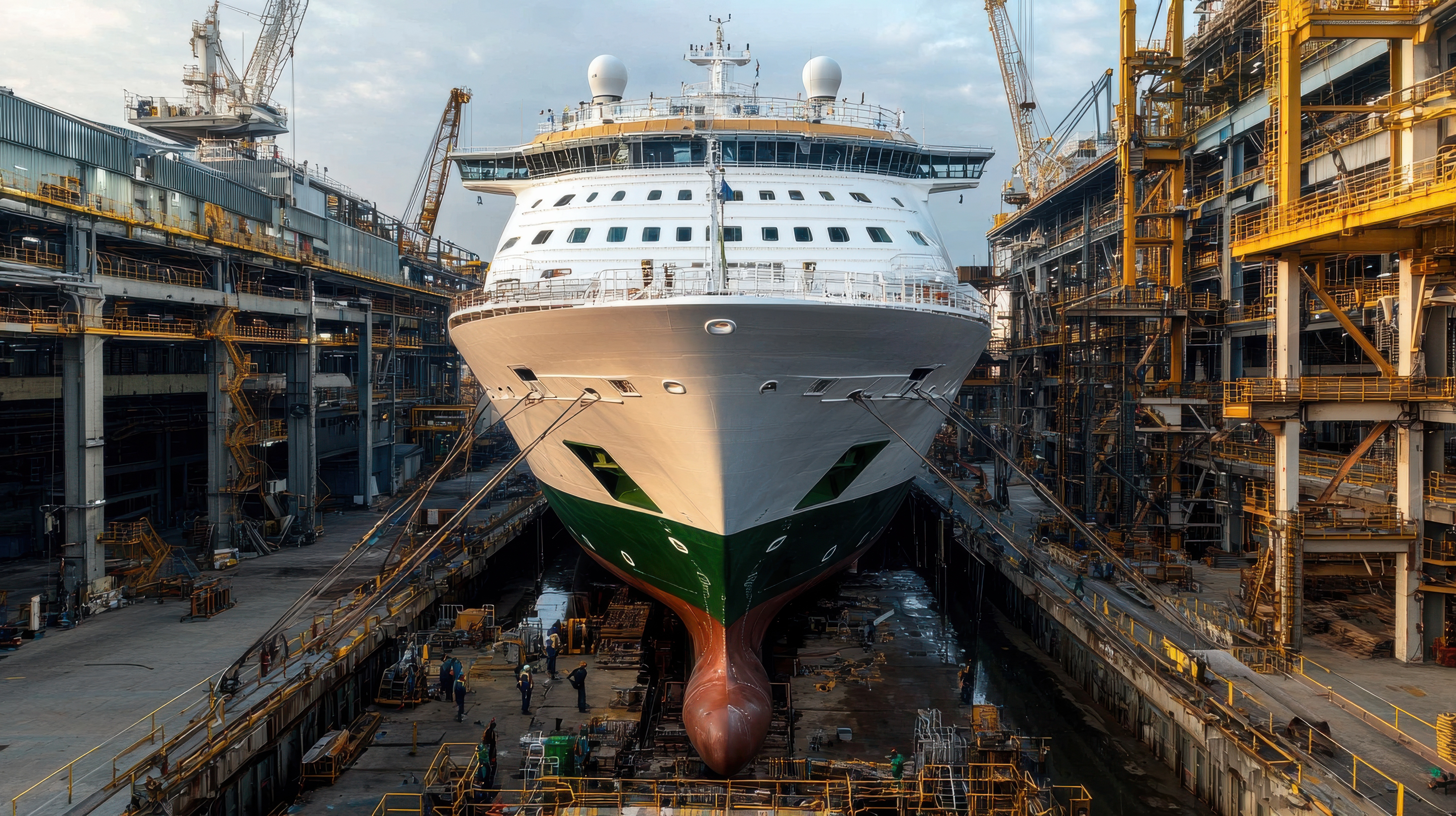
In February, a shipwreck off Calabria, Italy, claimed at least 72 lives, adding to the tragic toll of people who perished in the sea whilst taking dangerous journeys to Europe.
The Club was involved in a case where 38 people of eight different nationalities were rescued by an entered ship while they were trying to reach Europe via the dangerous sea crossing from West Africa to the Canary Islands.
Whilst en route to Angola, the ship was contacted by MRCC Rabat in relation to an inflatable boat in distress 70nm from the coast. The craft was located and people on board were collected and offered first aid, water and food by the crew.
The authorities instructed the ship to meet a rescue vessel that would receive the rescued individuals and take them back to Morocco. Up to this point, it all appeared straightforward, but things were about to become complicated, as when the individuals realised that they would return to Morocco where the journey had started, they refused to disembark and protested that their intended destination was Las Palmas. Some individuals even threatened hunger strike and suicide, if they were made to return to Morocco.
The Moroccan Navy was called to assist. The following day, the rescued people were disembarked by the Moroccan Navy uneventfully and UNHRC Morocco was present to help them.
Interesting points that arose out of this case include:
- The primary concern was not to turn the rescue of these people into a possible stowaway situation. In the case of refugees, it is generally considered that MRCC's are responsible for the coordination of the disembarkation of the rescued individuals, whereas in a stowaways situation, the shipowners are responsible for the disembarkation and usually also for the repatriation of the stowaways to the country of their origin.
- The number of people on board, crew members and rescued individuals together, vastly exceeded the safe manning levels of the ship. A ship is, of course, a potentially unsafe environment for anyone who is unfamiliar with it, and so the crew placed the rescued people in a safe and constantly monitored area, especially as tension amongst them was growing.
- By way of managing the individuals' expectations as to the resolution of their situation, the Club suggested that the Master make it very clear that, notwithstanding their protestations, the ship was under the instructions of MRCC Rabat and the Moroccan Navy regarding the co-ordination of their disembarkation.
Inevitably, costs are borne by the Owners in providing assistance to refugees and migrants, and the Club is here to support the members by responding to expenses incurred in connection with Owners' legal liabilities in this respect, as well as additional expenses incurred by a required deviation.
Sadly, as the years go by, it becomes all the more obvious that the refugee and migration crisis is here to stay. And as many will continue to cross the sea in search of safety and a better livelihood, the Masters, crew and Owners of commercial ships will continue to respond to the calls for help, honouring not only their obligation under the SOLAS and UNCLOS Conventions to save life at sea but also their profession.




